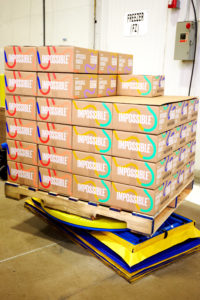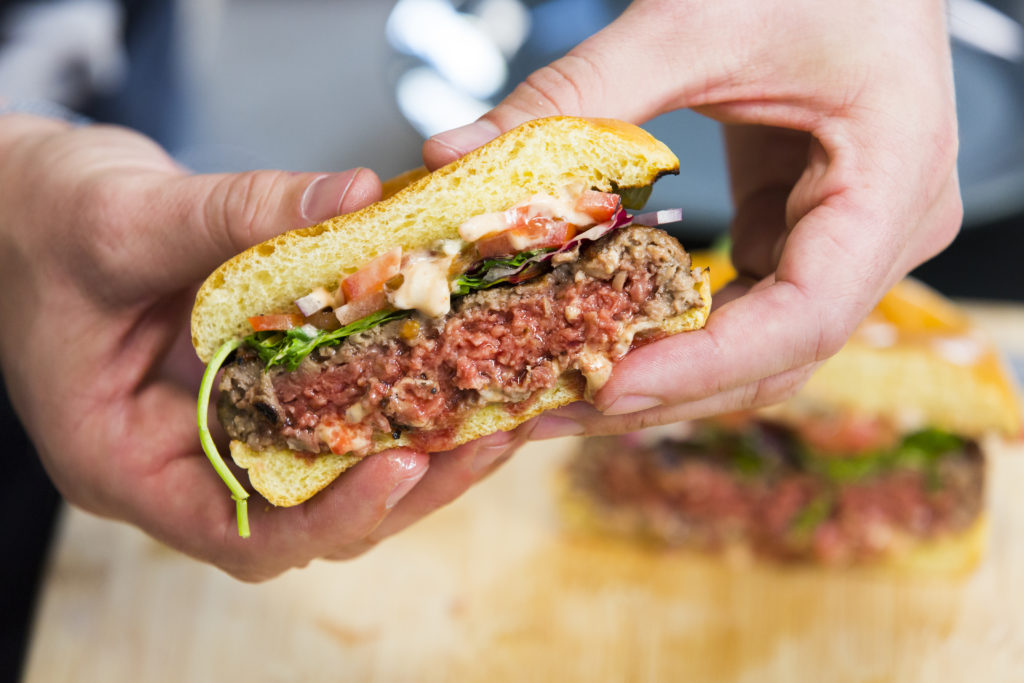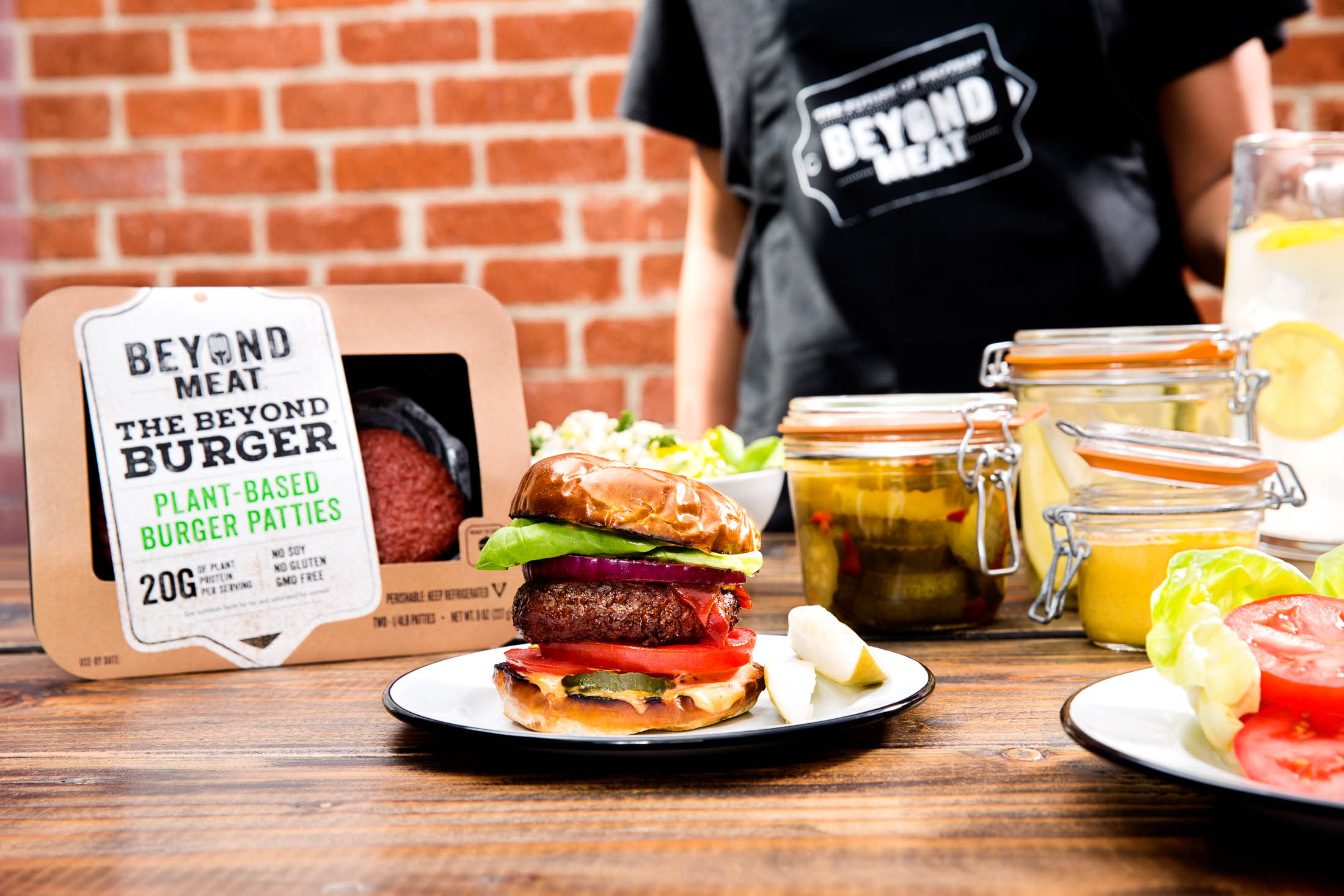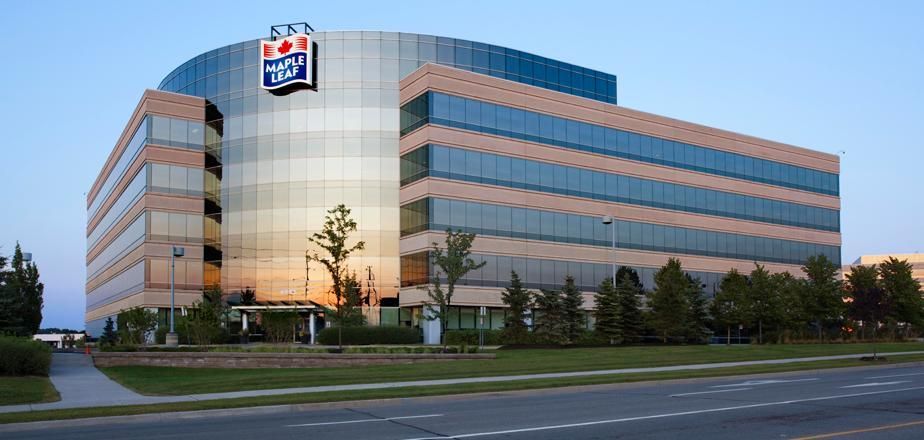Following two exceptional years for meat-alternative investments, Impossible Foods announced Monday it has raised $300 million in its latest funding round, according to Reuters.
Impossible’ s announcement comes after the initial public offering of rival Beyond Meat, where the company’s stock surged 165 percent since its debut, marking the most successful market debut since 2000.
These developments are indicative of a growing trend, as investors capitalize on a global shift in meat production. In fact, in the last month alone, Burger King, McDonald’s Germany, QDOBA, Taco Bell, and Del Taco added plant-based meat or increased their vegetarian options.
A new study by the Good Food Institute (GFI) reveals that 2017 and 2018 were record years in terms of investment in plant-based meat, egg, and dairy and cell-based meat companies.
“Investors and entrepreneurs are capitalizing on a global shift in the way meat is produced. The market opportunity here is massive,” explains GFI Executive Director Bruce Friedrich.
More than $16 billion was invested in US plant-based meat substitute companies over the past 10 years, according to the GFI’s State of the Industry report. That figure includes $13 billion worth of investment in 2017 and 2018 alone.
“Shifting consumer values have created a favorable market for alternatives to animal-based foods, and we have already seen fast-paced growth in this space across retail and foodservice markets,” Friedrich said.
There’s a growing hunger among consumers clearly reflected in the increasingly competitive retail market, according to a 2018 study by Grand View Research the global meat-substitute market, which is projected to reach $5.81 billion by 2022.
The maker of the plant-based Impossible Burger has raised more than $750 million so far, with help from big-name investors like Bill Gates, Google Ventures and Katy Perry.
Made from a genetically modified yeast called heme, the meat substitute is distinguishable from competitor veggie burgers with its blood-like color and meaty taste. However, it wasn’t until July 2018 that the FDA approved that heme be recognized as safe for consumption.
Since the official launch of the faux meat patty in January 2019, the company has seen incredible growth. The burger is now sold in more than 7,000 restaurants in the United States as well as Asia and can also be found in non-commercial outlets such as museums, stadiums and college campuses.

As a result of this impressive growth, the company is struggling to keep up with the skyrocketing demand. Impossible Foods says it plans to increase the hours of operation and number of jobs at its Oakland, California facility. The company has also identified multiple locations to build new production plants.
“The principle use of this $300 million is to increase our ability to serve this unprecedented demand we’re seeing,” David Lee, Impossible Foods’ chief financial officer, told Business Insider.
The company also announced Monday the hiring of tech industry veteran Sheetal Shah as Senior Vice President, Product and Operations.
“I’m a huge fan of the Impossible Burger and am thrilled to join a company whose mission I believe in passionately,” Shah said. “Impossible Foods created the hottest product in the hottest category of food — plant-based meat. My goal is to accelerate the company’s scaleup to meet today’s unprecedented demand and long-term growth.”
Shah will oversee important business units of the food tech startup including product, operations, manufacturing, supply chain and logistics.
Despite the success garnered by Beyond Meat so far in the public market, Impossible Foods maintains that the company is in no rush to go public just yet.












Join or login to leave a comment
JOIN LOGIN